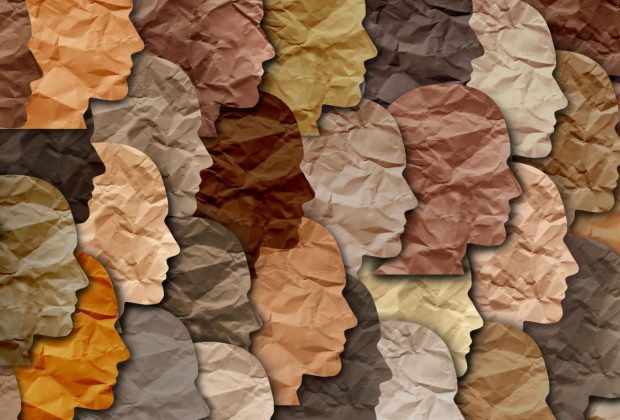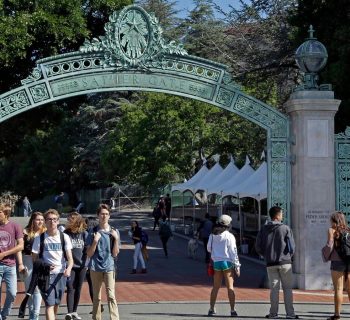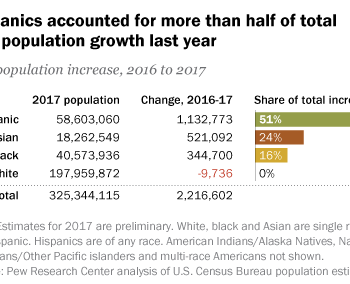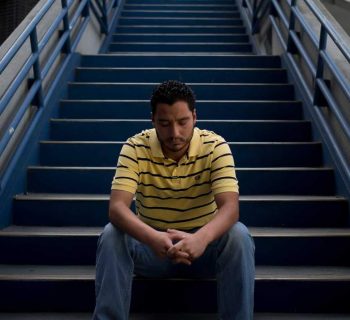By: ANDREA PLAID AND CHRISTOPHER MACDONALD-DENNIS (Op-Ed), Newsweek – April 9, 2021
The long list of Black people killed in America at the hands of police and vigilantes culminating in the murder of George Floyd last summer has forced this country to truly reckon with issues like racism, police brutality, mass incarceration, and white supremacy, perhaps for the first time in our history. But a piece of this long-overdue reckoning has been concerning to us: the substitution of the term "BIPOC"—which stands for Black, Indigenous, and (Other) People of Color—for we used to call people of color.
We say this is concerning because this new acronym just isn't doing what those using it think it's doing.
We don't make this point lightly. We have spent over 30 years having conversations about race and racism, as activists and educators living in a society whose bedrock is white supremacy. We are deeply connected to the human rights struggles of the 60s and 70s. We matured and marched through the multicultural 80s and 90s, and now watch and reflect on the 21st century's robust intersectionality.
As such, our lives and professional experiences have made us sensitive to the ever-shifting social-justice lingo. And we have come to the understanding that there are concepts that can and should endure. But there are also concepts that are too fragile because they're doing too much. "People of color" or POC is the former; BIPOC is the latter.
The advantages of the term POC over BIPOC are numerous, when you start to think about it. The term "people of color" was a phrase chosen by Black, Latino, Native American, and Asian and Pacific Islander activists in the 90s to actively decenter whiteness. As longtime reproductive-justice activist Loretta Ross explains it, the phrase came to replace the then-popular terms "non-white" and "minorities," which carried with them the idea that we were "less than." The hope was that bringing together people from disparate communities under a common term would further cement the coalitions that formed when these marginalized groups came together to wage war against white supremacy.
"People of color" is a political idea, explains Ross, not a biological one. And its political import entails bringing racial minorities into solidarity with one another.
The substitution of BIPOC just doesn't accomplish the same goal. For starters, it's confusing. We both seen people claim that BIPOC stands for Black, Indigenous, and (Other) People of Color while others say that it means Black, Indigenous, and People of Color or even Black, Indigenous, People of Color. Beyond the confusion, when you insist on naming Black people separately from other people of color, as BIPOC does, you are in effect claiming that Black people aren't people of color, though Black people coined the term.
Of course, we understand that the acronym is well-intentioned; it's designed to extract and emphasize the particular histories and experiences of Black people, in particular the enslaved and their descendants, and the many Indigenous nations in the United States. In drawing out the experiences of Black and Indigenous people, the term names Black and Indigenous oppressions as elemental to the founding and racial infrastructure of the U.S.
We also recognize another noble aim the term sought to solve: It came out of noticing how white and non-Black people of color used the term "POC" to obfuscate issues concerning Black people, even their own anti-Blackness. It sought to reclaim the conversation and recenter it on our experiences.
These are both noble goals. And yet, as activists and educators, we think that is a lot of heavy lifting for an acronym to do. We agree with entrepreneurial connector A. Walton Smith: The term makes us cringe.
You can just as easily address the problems BIPOC aims to solve by being specific when you're talking about a specific group. If you're talking about Black folks, say Black folks.
But there's another danger to BIPOC. If Audre Lorde famously said that there is no hierarchy of oppression, the term BIPOC sets up just such a hierarchy. While we appreciate highlighting the unique experiences of Black and Indigenous folks, what about the histories and realities of Latino Americans and Asian Americans? Their experiences are also foundational to particular parts of the country, namely the Southwest and the West Coast. These racial groups played a vital role as the dominant "Other" in the white imagination as well, such as when the U.S. government crafted its first anti-immigration law, the Chinese Exclusion Act, in 1882, or in the violent takeover of Mexican territories of what we know as The American West under the guise of "Manifest Destiny," and the malevolent stereotypes of both groups in demonizing opium and marijuana in early 20th-century versions of "The War on Drugs."
Even today, we are seeing huge spikes in anti-Asian hate crimes, and the term BIPOC comes across as deeply problematic in that it obscures a group who should be centered at this moment.
Unfortunately, this is built into the acronym itself: BIPOC sets up an "us vs. them" binary. The acronym for Black and Indigenous shifts Asian/Pacific Islander Americans and Latino Americans "over there," reinforcing the idea of inter-racial conflict rather than interracial solidarity.
We cannot allow that to happen. Interracial conflicts between people of color allow the machinery of white supremacy to continue to whirr while we fight each other.
We all have work to do. Indigenous issues must be included in our national conversation, and anti-Blackness must be ferreted out of non-Black communities of color. We as people of color must do the work within our own communities, but not at the expense of our solidarity.
The term "people of color" conveys that solidarity admirably. Let's insist on keeping it around.
By: ANDREA PLAID AND CHRISTOPHER MACDONALD-DENNIS (Op-Ed), Newsweek – April 9, 2021







